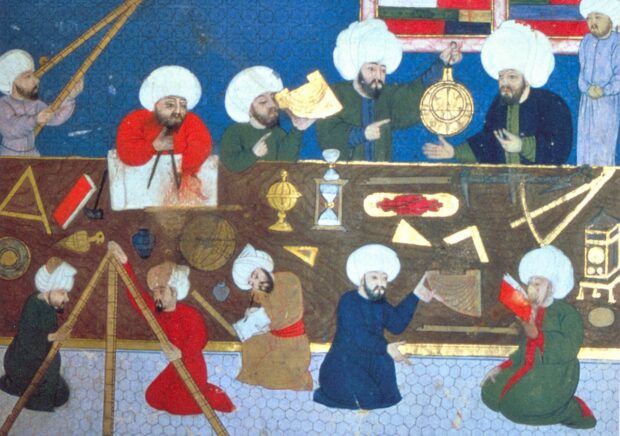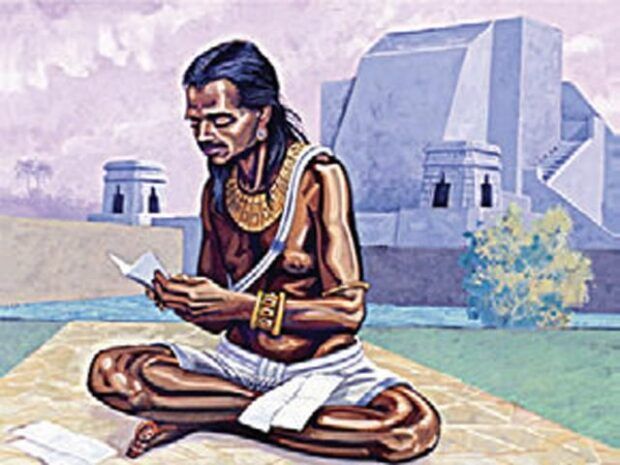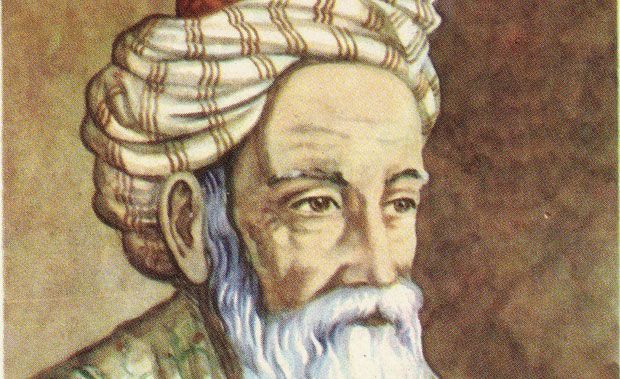Advertisement
How Ancient Astronomers Contributed To Modern Science
In either observational or theoretical astronomy, astronomers study celestial objects like stars, moons, planets, comets, and galaxies. From a western historical perspective, it is easy to get caught up in the astronomical works of early Greek astronomers, ignoring the valuable contributions made by earlier philosophers from other cultures who have also made significant contributions to the development of astronomy.
Here are some of the great astronomers that have contributed to modern day astronomy:
Brahmagupta of India (born in 598 and died in 670)
Brahmagupta was India’s most famous mathematician at his time. He made significant contributions to astronomy but more importantly, number systems including square root and the solution of quadratic equations. He disproved rival astronomical ideas with his magnum opus, Brahmasphutasiddhanta. Aside from successfully debating existing ideas, he also created new methods of calculating ephemerides for a wide range of celestial bodies as well as conjunctions and eclipses.
Gan De (甘德) of China (born about 400 BC and died about 340 BC)
Gan De was a pioneering Chinese astronomer who made observations and recorded them with dates and coordinates. He is credited with making some of the first documented observations of Jupiter, which he described as big and extremely bright. Gan De also captured a naked-eye view of one of Jupiter’s major moons while obscuring the planet itself with a tree. Gan De, along with Shi Shen made some highly precise observations of Mercury, Venus, and Jupiter. He wrote two works namely Suixing Jing (Treatise on Jupiter) and the Tianwen Xingzhan (Astrological Predictions).
Omar Khayyam of Persia (born on 18 May 1048 and died on 04 December 1131)
Omar Khayyam was a poet and mathematician who was also an Islamic scholar. He contributed to calendar reform by compiling astronomical data and discovering a geometrical way of solving cubic equations by crossing a parabola with a circle. In 1073, Omar Khayyam was invited to build an observatory with several of his contemporaries, where a team of astronomers led by him, amended the Iranian calendar (Jalali) to arrive at a solar year of days. It is also worth noting that the Jalali calendar was not only the world’s oldest calendar but it was also significantly more accurate than the Gregorian calendar. It is the most precise solar calendar used today.
Ptolemy (born c. 100 CE and died c. 170 CE)
Ptolemy was a Greek-born Egyptian astronomer, mathematician, and geographer who lived in Alexandria around the 2nd century CE. Ptolemy’s magnum opus, Almagest, is the only complete treatise on ancient astronomy to have survived the ages. Although his work claiming Earth to be the center of the universe was later found to be incorrect, it did have the advantage of putting out useful tables that made figuring the past and future positions of celestial bodies a breeze.















